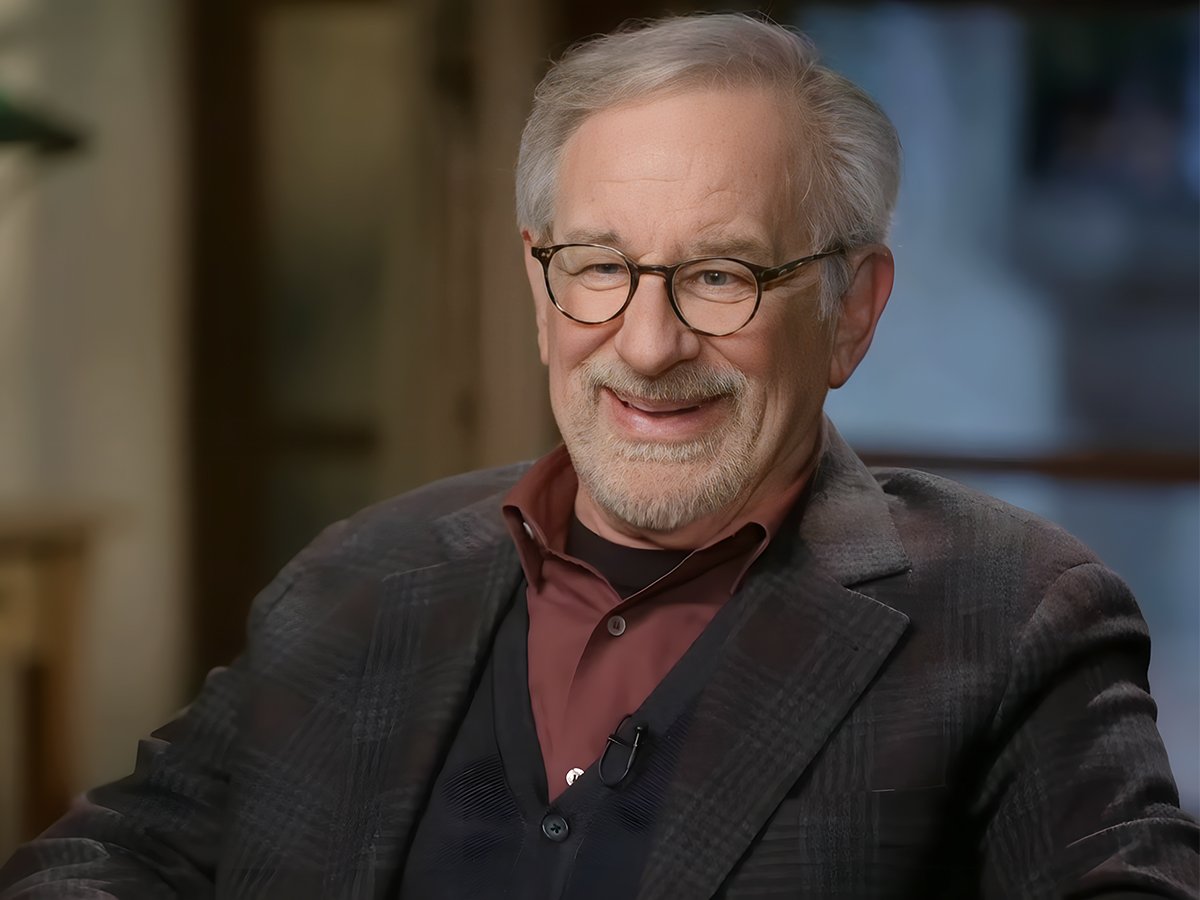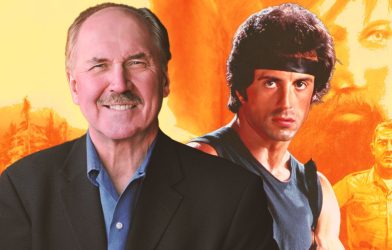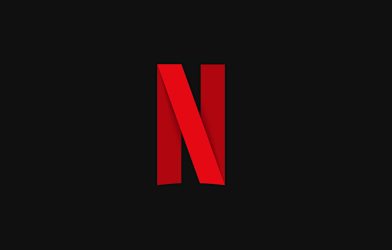
(Credits: Far Out / YouTube Still)
Few people in Hollywood have truly changed the history of cinema as we know it, whether it be through the pioneering of a new visual style, narrative structure or an entirely new genre of film. While independent movies like Moonlight and Nickel Boys have elevated the medium through their visual and thematic perspective, blockbuster cinema has become a beast of its own, evolving from its earliest roots in the 1970s to the conglomerate machine that exists before us in the form of Marvel films. However, they weren’t the first to do so, with two directors laying the groundwork for a new era of filmmaking, forging their own separate careers as one of them avoided crossing creative paths with the other.
After the creation of Star Wars, George Lucas became widely regarded as one of the creators of blockbuster cinema and the ‘popcorn picture’. During the early days of production, his entire creative team was convinced that the film would be a flop, with Lucas insisting on creating new technology to create the special effects, extensive world-building, and Dolby surround sound for the now infamous and triumphant score. Even though very few people had faith in his vision, Lucas remained fierce in what he wanted and his belief that it would succeed, insisting on owning the rights to later merchandising and sequels in the event that it took off.
Days before the film’s release, Lucas hid out in a hotel room in Hawaii, too afraid to witness the reception of the film firsthand. One day, after switching on the television, he saw a news report about a film in which people were queuing around the block to watch. To his complete and utter shock, it was Star Wars, thus creating the blockbuster.
Steven Spielberg has also achieved a similar feat, with his fabled 1975 film Jaws having a similar effect on the film industry and his career, launching him to dizzying levels of power as he was suddenly heralded as the saviour of cinema and the beginning of a new movement in which young and daring directors suddenly had power in Hollywood, taking back from the studios that used to have creative control.
Despite the fact that both directors’ careers strangely mirrored each other, the pair never collaborated or entertained the idea of combining their knowledge of franchise filmmaking, or at least, Lucas wasn’t a fan of this idea, much to Spielberg’s disappointment.
Spielberg described his love for Star Wars and his hope for the chance to direct one of the films, saying, “I’ve asked [Lucas]. He won’t let me do one. I wanted to do one 15 years ago, and he didn’t want me to do it. I understand why –- ‘Star Wars’ is George’s baby. It’s his cottage industry and it’s his fingerprints. He knows I’ve got ‘Jurassic Park’ and ‘Raiders.’ But George has ‘Star Wars’ and I don’t think he feels inclined to share any of it with me.”
The idea of both directors joining forces for one of their films would be a strange collision of worlds, with Spielberg and Lucas occupying a place in cinema that so few have. While many fans would have been thrilled by the idea of Spielberg putting his own stamp on another iconic film, perhaps Lucas was right to keep their work separate. Maybe it would be too much to merge the masterminds behind commercial cinema and the entirety of independent cinema might not recover if such a collaboration reigned over the industry.
Related Topics









